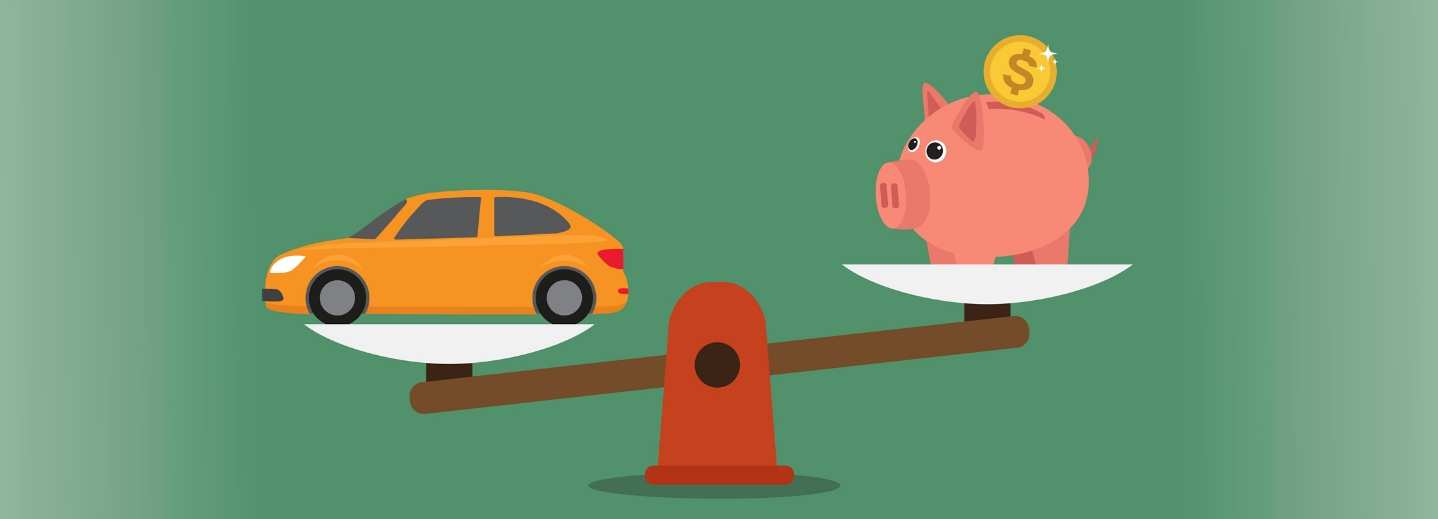What Does Being Upside-Down on Your Loan Mean?

Sometimes you will hear the words "upside-down" or "under water" when referring to auto loans. Technically, these terms refer to a time period where the loan amount you owe is actually more than what that item is worth. It can refer to both auto loans as well as mortgages. In this instance, we will be focusing on two auto loans as an example.
As new car models for next year start showing up on dealer lots, dealer incentives, affordable loan payments, and low-interest rates will cause individuals to say goodbye to their old cars and hello to the new models. Unfortunately, this scenario can lead to people being upside-down on their auto loans.
Let's say you purchase a new vehicle for $33,000. Unlike houses that typically appreciate in value, cars depreciate the moment you drive them off the dealership parking lot and will continue to lose value every year. A $33,000 car can depreciate around 10 percent (in this example, $3,300) the moment you get it home from a dealership.
So, you are paying $33,000 for an auto loan on a car that now has a value of $29,700. This means that you are upside-down, or under water, with your loan by $3,300, which is called negative equity ($29,700 - $33,000 = -$3,300). If you decide to sell the car for its current value of $29,700, you will still owe the lender the negative equity amount of $3,300.
People may become upside-down on their loans due to the following circumstances:
- Not placing a large enough down payment on the car to lower the owed loan amount
- Extending the auto loan term causing them to pay more interest over a longer period of time
- Making minimal payments or missing monthly payments
- Continually rolling an old loan into a new loan
These circumstances can have a snowball effect if you are the type of person who is constantly purchasing a new car without completely paying off the previous loan.
How to avoid being upside-down on your auto loan
Perhaps the best tip is to keep your existing car until the loan is paid off. Then you can sell it without any worries of carrying negative equity. Depending on your lender and loan agreement, you can usually make higher monthly payments and put the extra funds directly towards your loan principal. This will help lower the amount you owe on your loan and enable you to pay the loan off quicker.
If you are paying high interest on a loan from another lender, you should consider refinancing the loan. Refinancing may be able to help you save on interest as well as obtain a more favorable loan term to prevent you from being upside-down.
CAMPUS can help!
Before you go car shopping, stop by, or give us a call at 800-367-6440 and ask about your current loan balance and NADA value. This will help you understand if you are upside-down on your loan or if you have equity in your vehicle.
TIP: If your loan is upside-down, you may be eligible for GAP Insurance. Visit our Loan & Asset Protection page for more information.
By CAMPUS USA